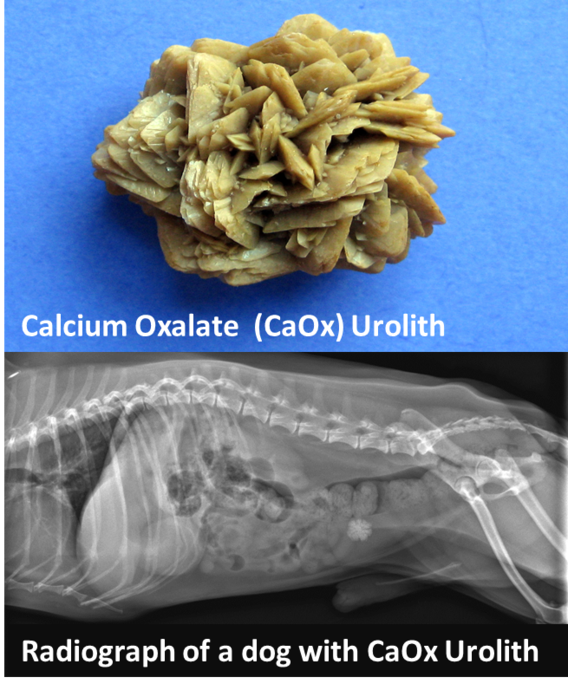Image of the month
It's a small world after all - global calcium oxalate

Globally, calcium oxalate (CaOx) is the most frequent urinary stone affecting dogs. The positive health implications of early recognition of CaOx stones include nonsurgical removal, early dietary modification to minimize urolith growth, and early removal to avoid urinary obstruction. To achieve these health benefits, CaOx urinary stones need to be recognized early prior to the development of clinical disease. We can help. Males are affected more than females. Around the world the most common breeds that form calcium oxalate are the Maltese, miniature Schnauzer, Shih Tzu, Yorkshire terrier, and Chihuahua. The most common age for the onset of clinical disease is 7 to 8 years. We recommend to begin screening (i.e. medical imaging) high risk dogs at 5 to 6 years of age.
View the list of the top 10 canine calcium oxalate forming breeds by continent.
To look up the risk of CaOx stones in other breeds, download our App (MN Urolith from the AppleStore for iPhone and iPad or Minnesota Urolith Center Google App for Android.
Minnesota Urolith Center CALCulator function demo